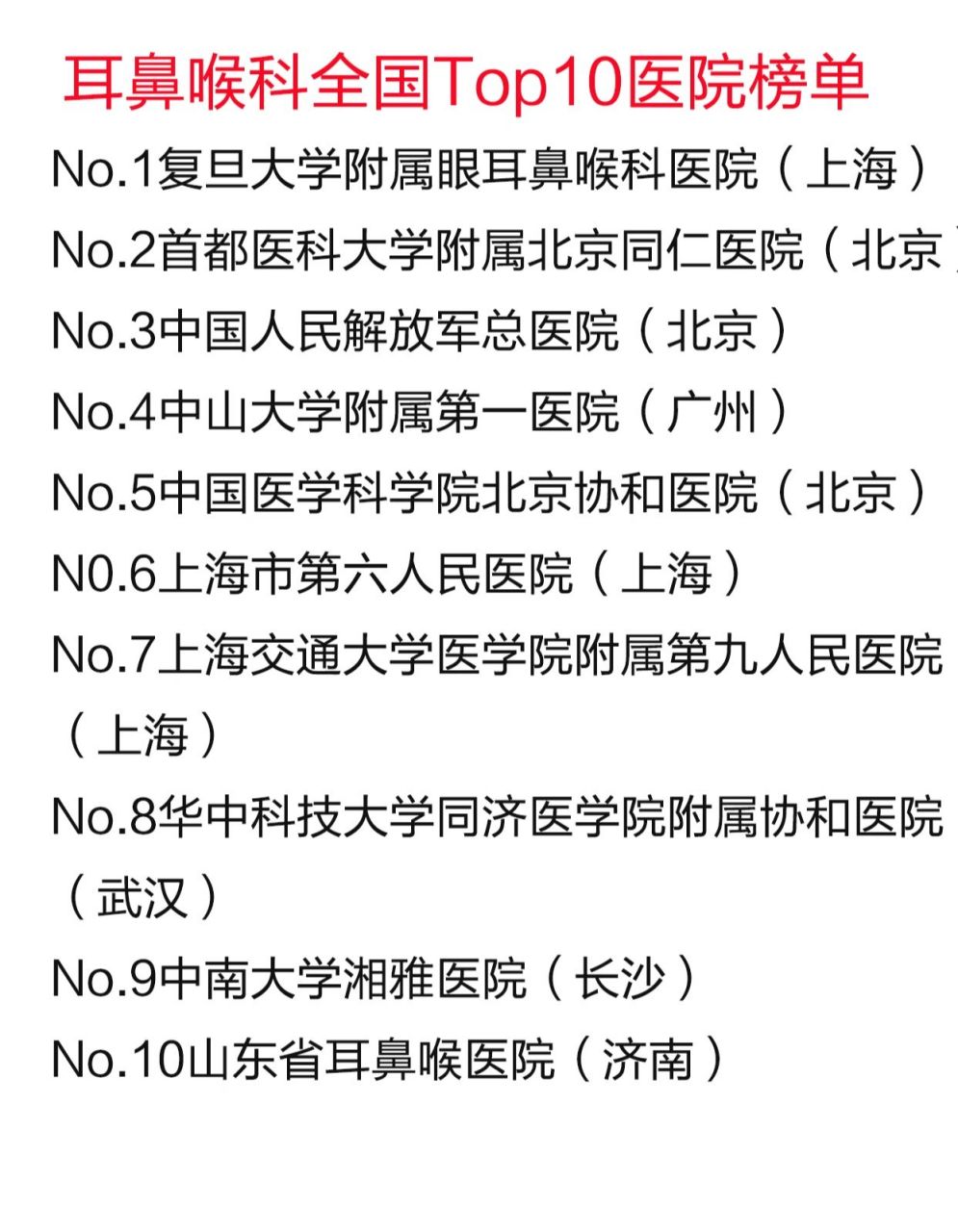
The treatment of chickenpox, or 水痘 (shuǐ dòu) in Chinese, typically focuses on relieving symptoms and preventing complications, as the virus usually resolves on its own. Here are some common treatment approaches:
1. Antiviral Medications: In some cases, particularly in adults or individuals with weakened immune systems, antiviral medications such as acyclovir may be prescribed to shorten the duration of the illness and reduce the severity of symptoms.
2. Symptomatic Relief: Over-the-counter medications like acetaminophen (Tylenol) can help reduce fever and alleviate pain. Calamine lotion or oatmeal baths may be used to soothe the itching caused by the rash.
3. Hydration: Drinking plenty of fluids can help prevent dehydration, which is especially important for children.
4. Avoid Scratching: Keeping nails short and using gloves or socks on the hands can help prevent scratching, which can lead to secondary infections or scarring.
5. Antibiotics: If a secondary bacterial infection occurs, antibiotics may be prescribed to treat the infection.
6. Vaccination: While not a treatment for active chickenpox, the varicella vaccine can help prevent the disease and is recommended for children and adults who have not had chickenpox or been vaccinated.
It's important to consult with a healthcare professional for a proper diagnosis and personalized treatment recommendations, especially if the individual has a high fever, severe rash, or other concerning symptoms. Early intervention and adherence to the treatment plan can help manage the condition and prevent potential complications.












